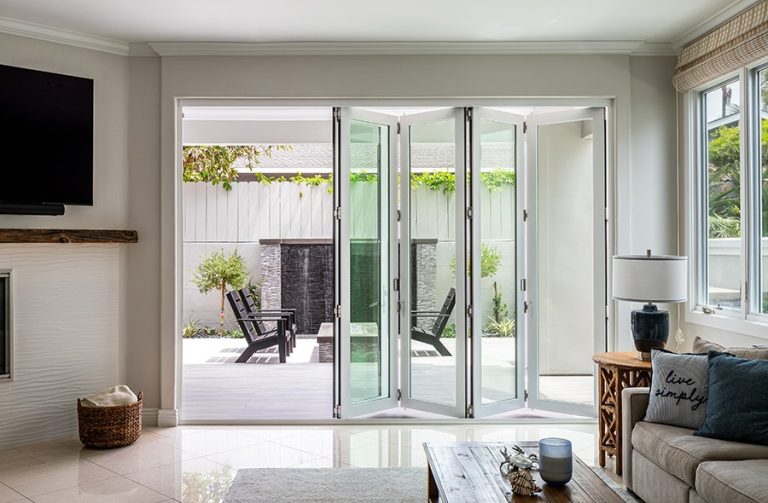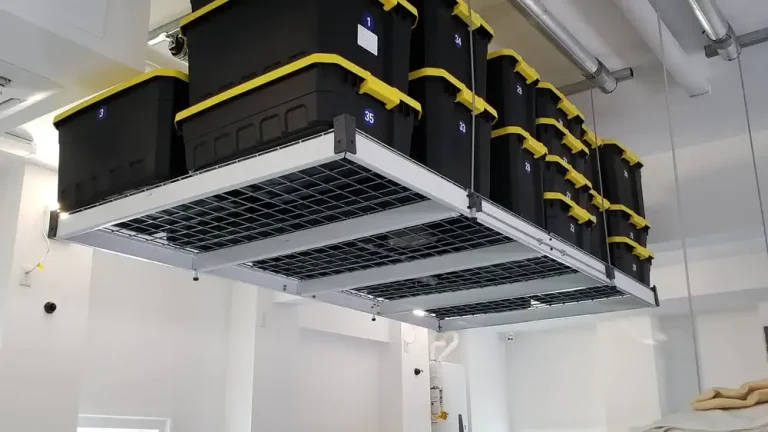
Size and style: Customers tend to look for TV units that are the right size and style for their living room or entertainment area.
Storage: TV units that offer ample storage for electronics, cables, and accessories are often popular with customers.
Durability: Customers want a TV unit that is built to last and can withstand wear and tear.
Easy assembly: Customers often prefer TV units that are easy to assemble and don’t require a lot of tools or expertise.
Price: The price of a TV unit is also a significant consideration for customers. They tend to look for units that offer value for money and fit within their budget.
Brand reputation: Customers often prefer to buy TV units from reputable brands that have a good track record of producing quality products.
Avoid Mistakes Made By Beginning TV UNITS
Not Measuring the Space: One of the biggest mistakes beginners make when buying a TV unit is not measuring the space where they plan to put it. This can result in buying a unit that is either too big or too small for the space.
Not Considering the TV Size: Another common mistake is not considering the size of the TV that will be placed on the unit. A TV unit that is too small for the TV can make the TV look out of place, while a unit that is too big can be overwhelming and take up too much space.
Not Choosing the Right Material: TV units are available in a variety of materials such as wood, metal, glass, and MDF. Each material has its advantages and disadvantages, so it is important to choose the right one that suits your needs and budget.
Why Ignoring TV UNITS Will Cost You Time and Sales
Customer satisfaction: If you don’t offer TV units as part of your product line, customers who are shopping for a complete home entertainment system may choose to go elsewhere to find a retailer that can provide everything they need. This can result in lost sales and missed opportunities to build customer loyalty.
Cross-selling: If you do offer TV units but don’t promote them effectively, you may miss out on opportunities to upsell customers who are already in the market for related products. For example, if a customer comes in looking for a soundbar, you could also suggest that they consider purchasing a new TV to go with it.
Brand perception: If your competitors offer TV units and you don’t, it could make your business appear less comprehensive and less competitive in the eyes of consumers. This could damage your brand’s reputation and result in lost sales.
Time and effort: If you don’t offer TV units, you may miss out on potential revenue streams and instead have to invest time and effort into other product lines to make up for the lost sales. This could take away resources from other areas of your business and ultimately hurt your bottom line.







